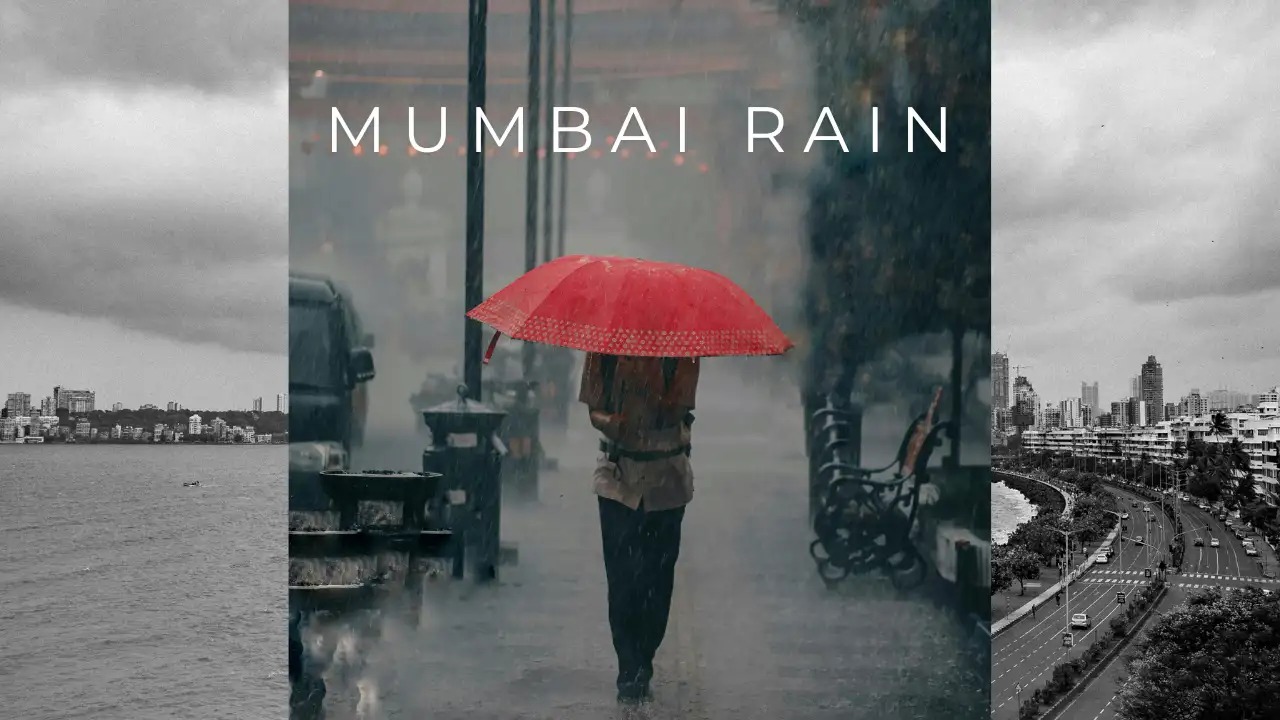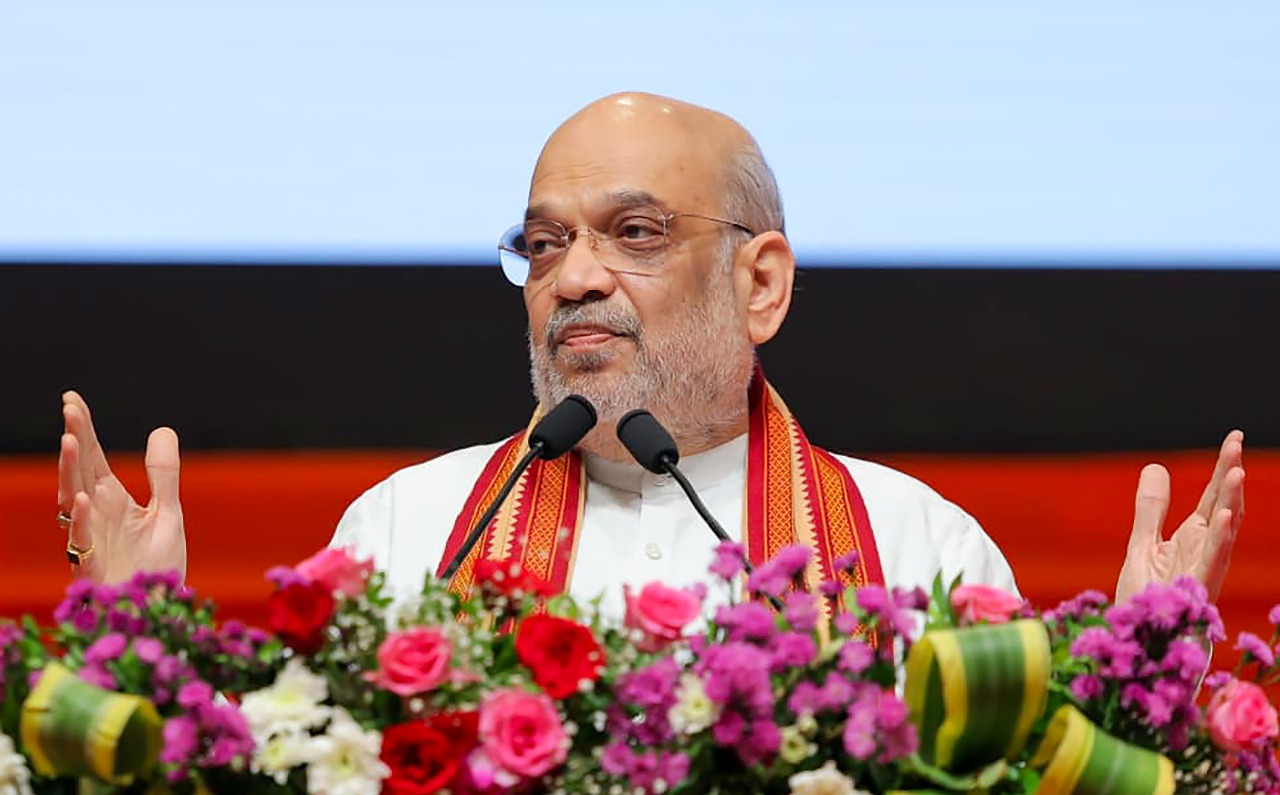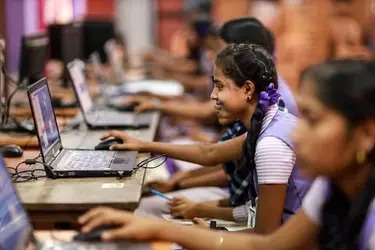
Follow WOWNEWS 24x7 on:

As Sunday dawns over Mumbai, the city finds itself under a persistent spell of heavy rainfall, triggering widespread waterlogging and traffic disruptions across key arterial routes. The India Meteorological Department (IMD) has issued a yellow alert for the day, urging residents to remain cautious as the monsoon currents intensify over the Konkan coast. With showers expected to continue through the week, the city’s infrastructure and commuters are once again put to the test.
Weather Forecast and Rainfall Pattern
According to IMD reports, Mumbai will experience moderate to heavy rainfall throughout Sunday, with intermittent thundershowers likely in several pockets. The temperature is expected to hover around 31°C during the day and dip to 26°C at night. While skies may appear partly cloudy at intervals, sudden downpours are forecast to disrupt daily routines.
Key highlights:
- Yellow alert issued for Mumbai and surrounding regions including Thane, Pune, and Raigad
- Rainfall expected to persist from morning through late evening
- Localised bursts of intense rain may occur in low-lying areas
- Humidity levels remain high, contributing to discomfort and reduced visibility
Traffic Disruptions and Waterlogging
The continuous rainfall has already led to waterlogging in several parts of the city, including Andheri, Bandra, King’s Circle, and Sion. Commuters on Sunday morning reported slow-moving traffic and extended delays on major roads such as the Western Express Highway, SV Road, and LBS Marg. Public transport systems, including BEST buses and local trains, are operating with caution, though intermittent slowdowns have been observed.
Areas facing severe traffic impact:
- Western Express Highway: Congestion due to pooled water and reduced lane access
- Sion Circle and King’s Circle: Waterlogging affecting both vehicular and pedestrian movement
- Andheri East and West: Delays reported near metro stations and flyovers
- Bandra Kurla Complex: Office-goers advised to avoid unnecessary travel
Authorities have deployed additional traffic personnel and drainage teams to manage the situation, but the volume of rain has outpaced the city’s stormwater infrastructure in several zones.
Impact on Daily Life and Advisory
With schools and offices partially operational on Sundays, the impact on daily life is moderate but still significant. Residents are advised to avoid non-essential travel, especially during peak rainfall hours. Those venturing out are encouraged to carry umbrellas, wear waterproof footwear, and check traffic updates before leaving home.
Precautionary measures recommended:
- Avoid driving through flooded streets to prevent vehicle damage
- Stay updated via official weather and traffic advisories
- Use public transport where possible, but expect delays
- Keep emergency contacts and essentials handy in case of prolonged waterlogging
Extended Outlook and Climate Context
The IMD has forecast continued rainfall in Mumbai until at least September 25, with varying intensity. While September 22 and 23 may offer brief respite with lighter showers, September 24 and 25 are likely to bring renewed thunderstorms. Experts attribute the erratic rainfall pattern to a low-pressure system moving from the Bay of Bengal toward the west coast, intensifying monsoon activity across Maharashtra.
Broader implications:
- Urban planners highlight the need for sustainable drainage systems
- Climate researchers warn of increasing frequency of such rain events due to shifting monsoon dynamics
- Citizens are urged to participate in local resilience efforts, including waste management and rainwater harvesting
Final Thought
As Mumbai wades through yet another rainy Sunday, the city’s resilience is once again on display. While the downpour may dampen plans and clog roads, it also serves as a reminder of the urgent need for climate-conscious infrastructure and community preparedness. For now, the best strategy is patience, caution, and a good pair of waterproof shoes.
Sources: Times Now, Urban Acres, News18


